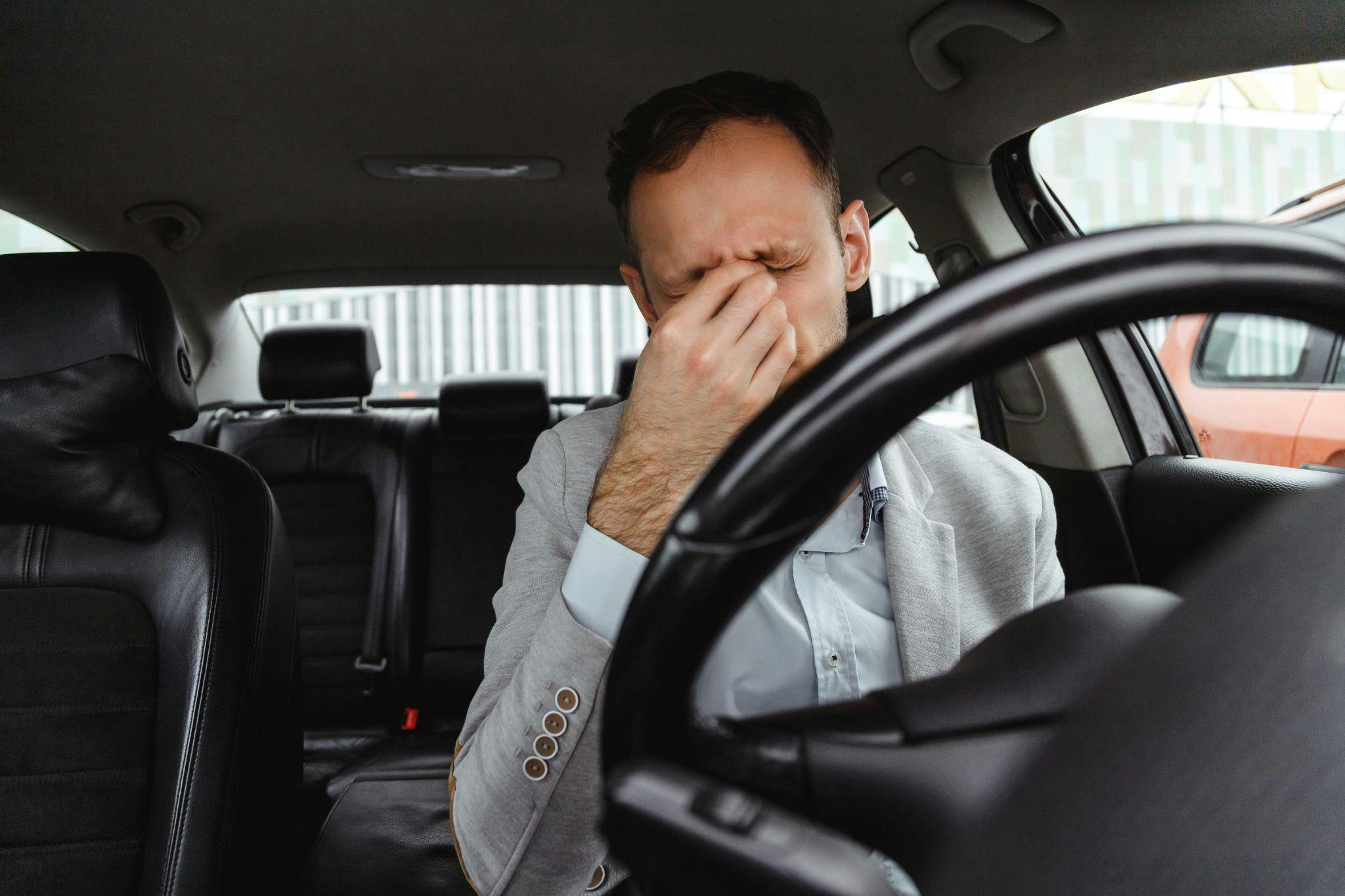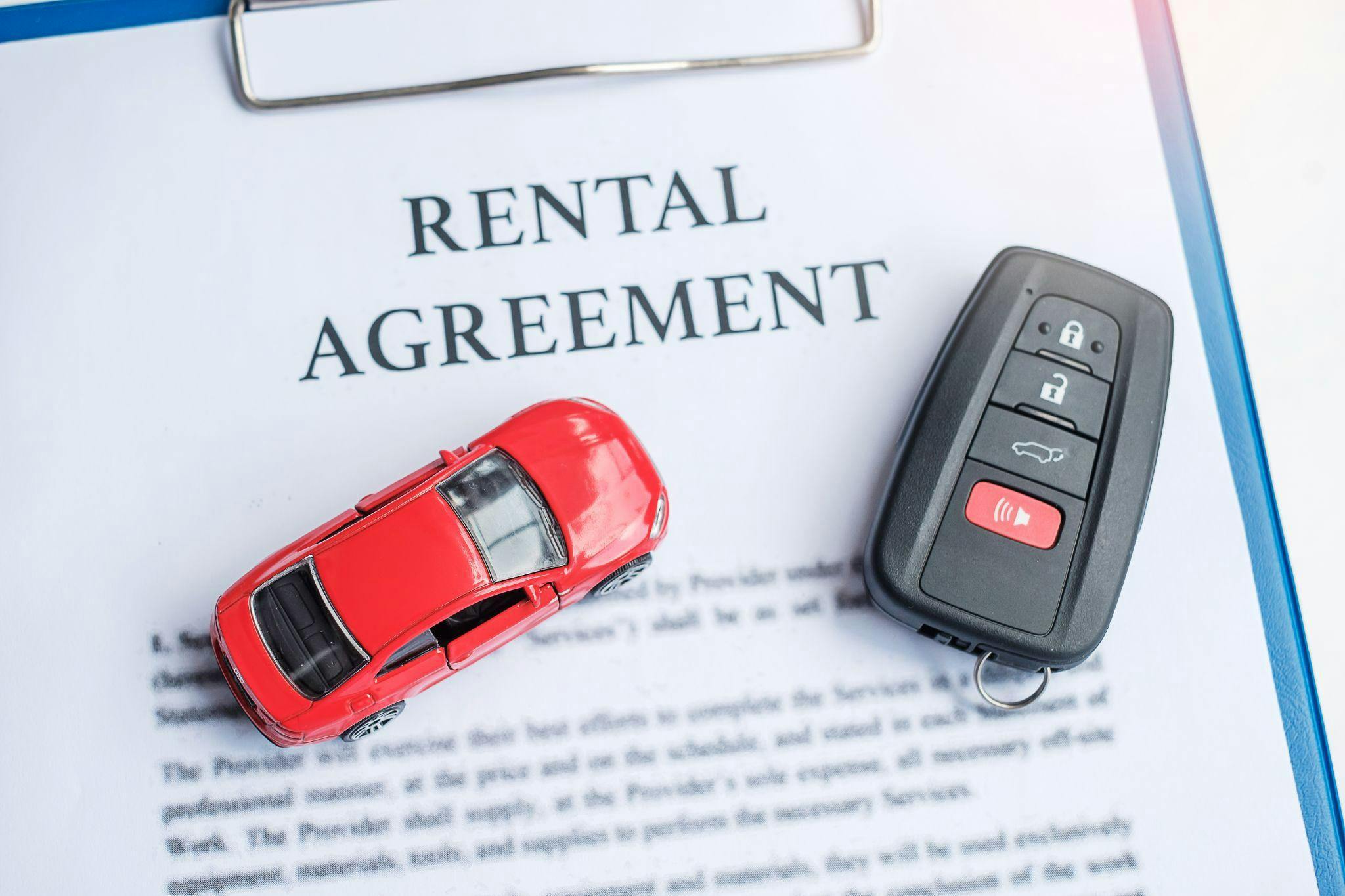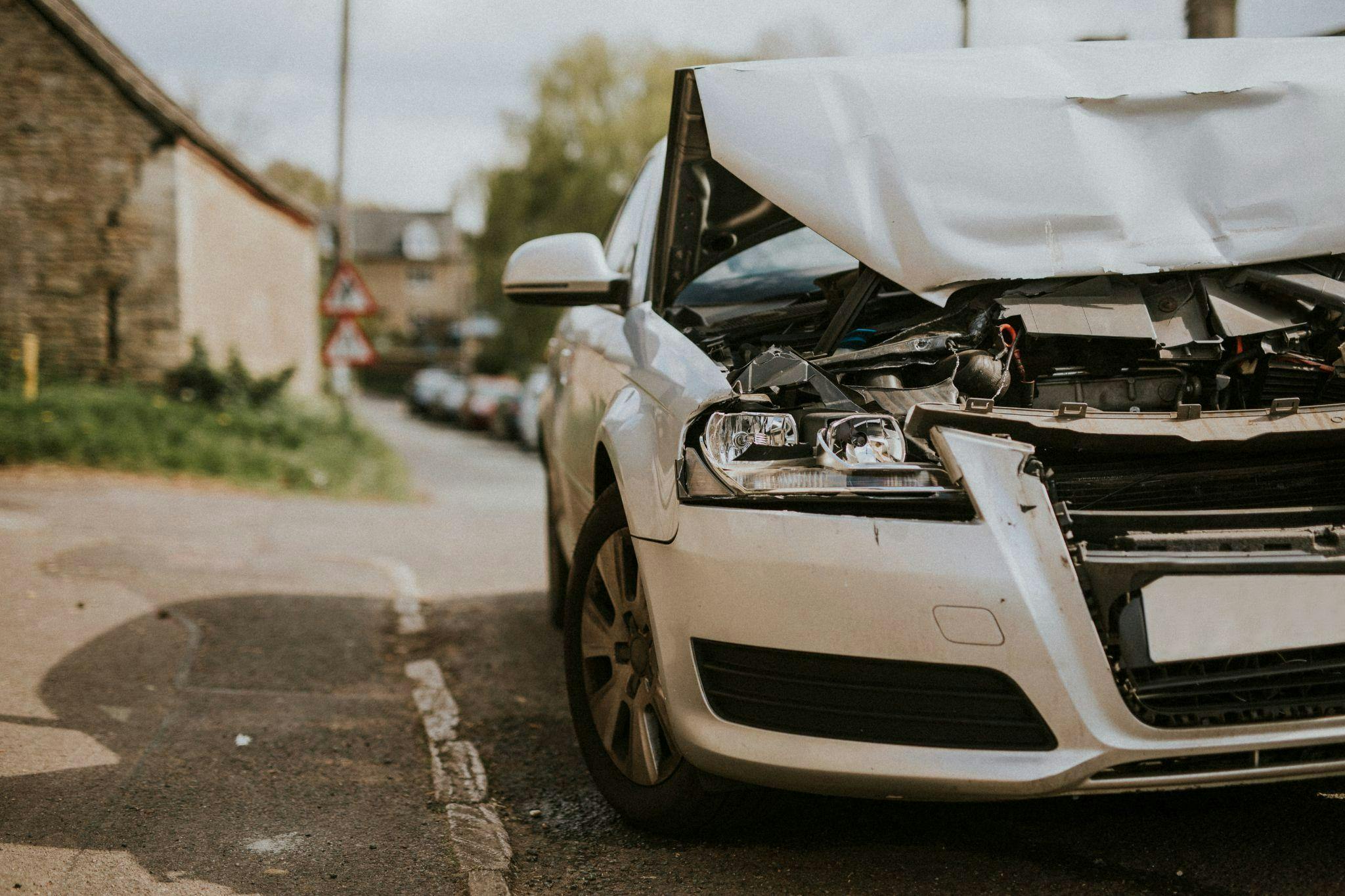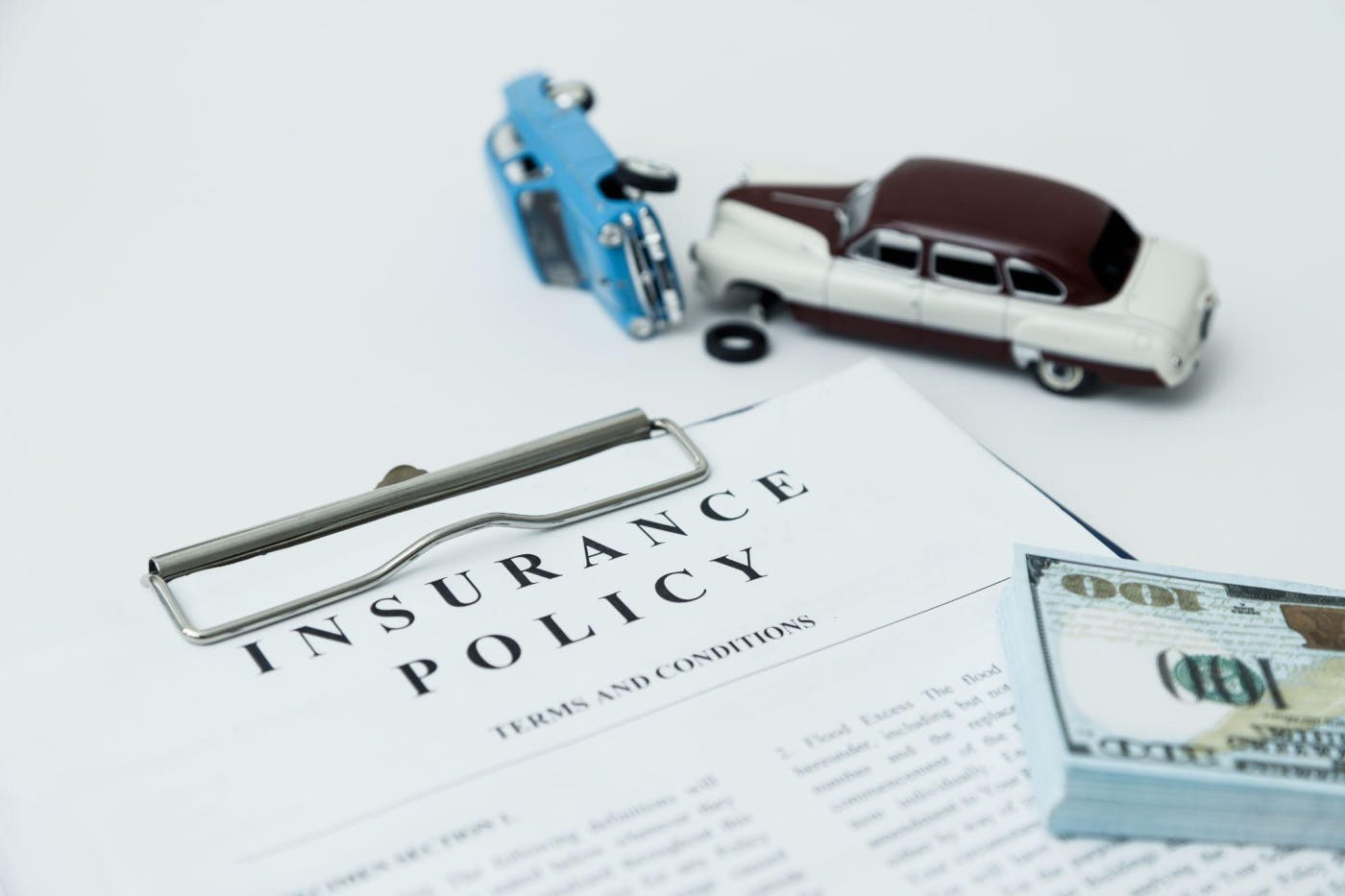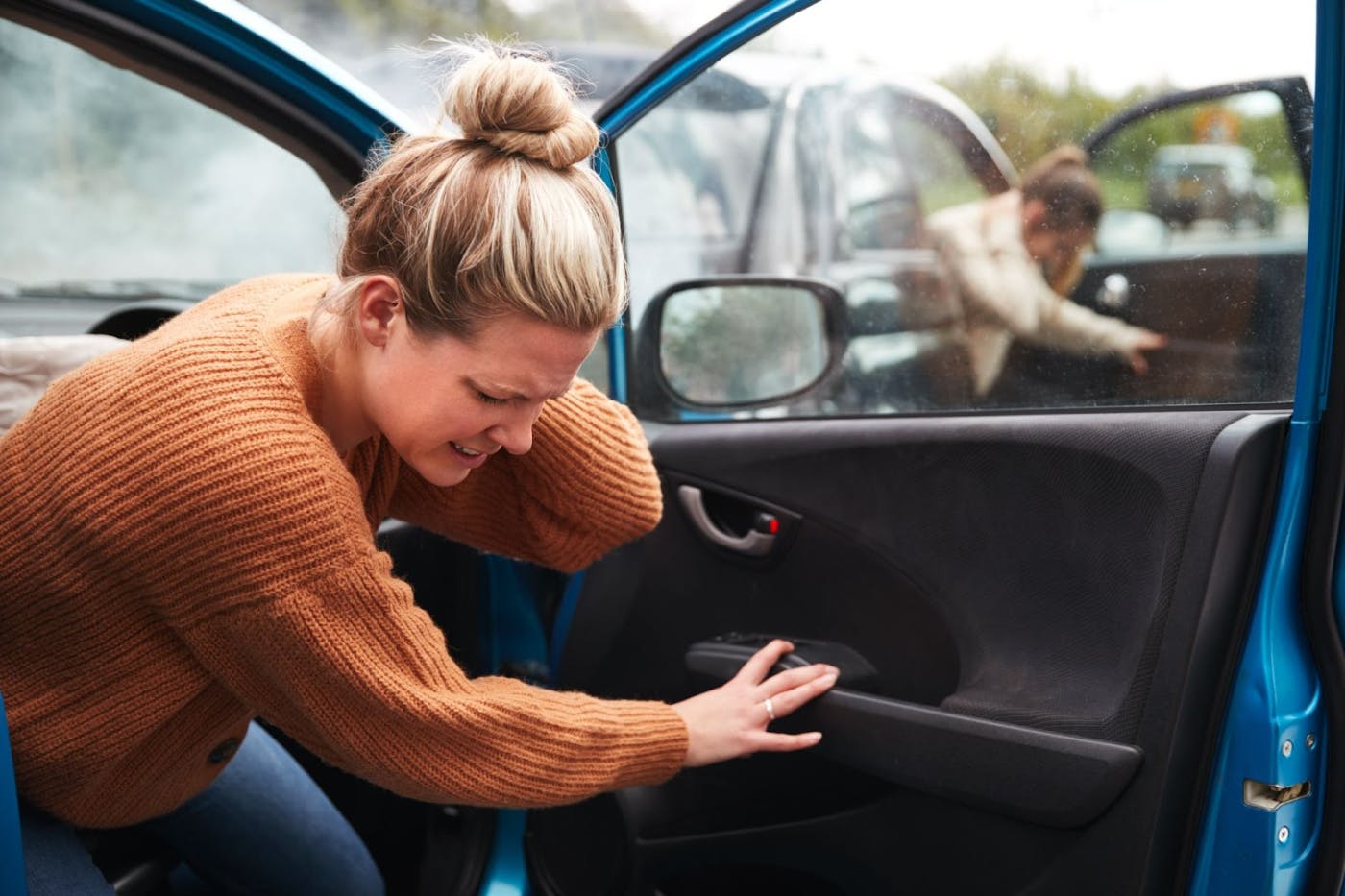Does Workers’ Compensation Cover Car Accidents?
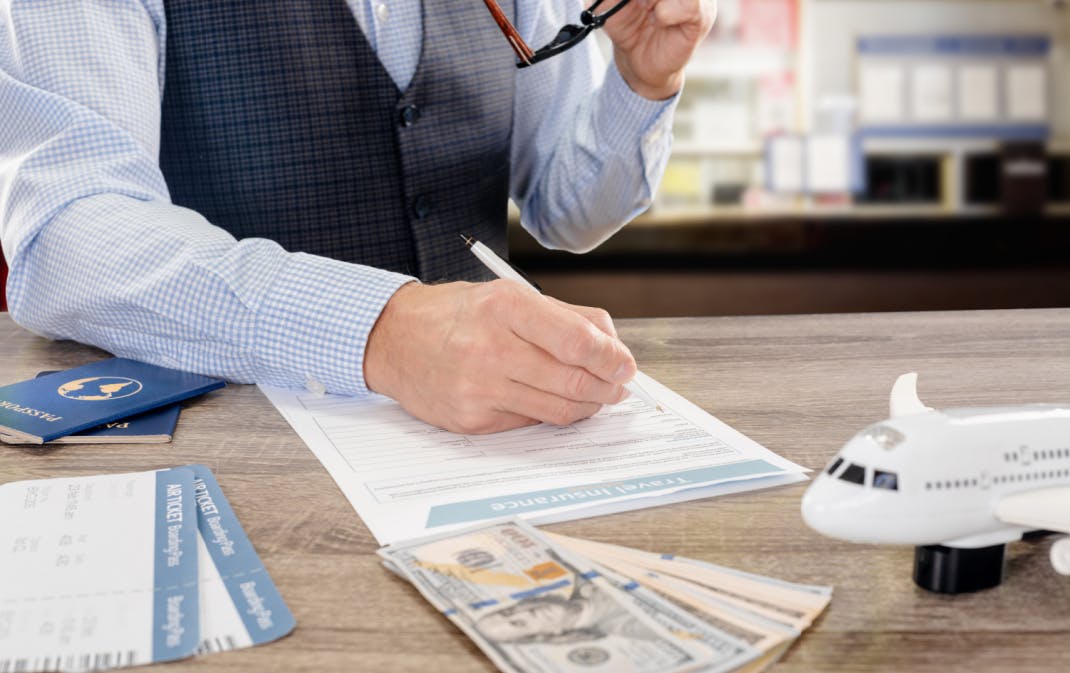
You may be entitled to workers' compensation if injured in a Minnesota work-related car accident. However, there are nuances to the law that you should know. This post looks at the most common questions about Minnesota work-related car accidents.
Will Workers’ Compensation Cover My Work-Related Car Accident?
In many cases, yes. As you may already know, every employer in Minnesota must provide workers’ compensation insurance. This requirement holds true regardless of how many employees a business has or how many hours they work.
Minnesota workers’ compensation law also requires that employees be compensated for any injuries sustained in a work-related car accident. But how do you know if your accident was work-related?
What Counts as a Work-Related Car Accident?
First, a “work-related car accident” does not mean that your employer somehow caused the car accident. Minnesota does not mandate workers’ compensation only when an employer is at fault for an injury. Any time an employee is injured while doing their job, they are entitled to worker’s compensation regardless of who is at fault.
One statutory exception is for intoxication. If the employee was driving while drunk at the time of the collision, the employer’s work comp insurer would have grounds to deny a claim for their injuries.
So what is a work-related car accident? Generally, any accident that happens while an employee performs their duties is considered work-related. For example, a delivery driver involved in a collision while making a delivery will likely qualify for workers’ compensation. Other occupations where work-related accidents are common include:
- Truck drivers
- Bus drivers
- Driving instructors
- Trash collectors
- Chauffeurs
- Paramedics
- Taxi drivers
- Police officers
- Tow truck drivers
- Traveling salespersons
It doesn’t matter whether the vehicle you’re driving is a personal vehicle or company-owned, either. As long as you’re in the process of doing your job, an accident will generally qualify as
Can I Get Workers’ Compensation If I Was Injured While Driving to Work?
Typically, employees are not eligible for workers' compensation if an accident happens while traveling to or from work. The daily commute does not count as a work-related activity. The same is true for car accidents that occur while on a break, such as during lunch.
However, there are exceptions to this rule. For example, you may be eligible for workers’ compensation if you run an errand for your employer on your way to work or during a break. Other possible exceptions include:
- An on-call employee who is injured after being called into work
- An employee who is injured while driving from one work location to another
- An employee who is injured when riding to work in a bus, van, or other vehicle owned by their employer
- An employee who must drive through a hazardous area—such as a construction site or blasting zone—to get to their jobTypically, employees are not eligible for workers' compensation if an accident happens while traveling to or from work. The daily commute does not count as a work-related activity. The same is true for car accidents that occur while on a break, such as during lunch.
What About a Business Trip?

Employees injured during a business trip are generally entitled to workers’ compensation. This includes driving to an airport, train station, or hotel during your trip.
Can I File a Personal Injury Lawsuit Against My Employer After a Work-Related Car Accident?
In most cases, no. Under Minnesota workers’ compensation law, employers are immune from personal injury lawsuits outside the workers’ compensation system. However, an employee can pursue further legal action if an employer violates workers’ compensation law. For example, if your employer fired you in retaliation for filing a workers’ compensation claim—or even threatened to fire you—you could have grounds for a lawsuit.
Can I File a Lawsuit Against the Other Driver in a Work-Related Car Accident?
Yes. In addition to workers’ compensation, employees can also file a lawsuit against an at-fault driver involved in an accident. This legal action is known as a third-party liability claim.
Let’s say you were a UPS driver on a delivery route, and another driver crashed into your van because they were texting and driving. If you were injured in this accident, you would qualify for workers’ compensation from your employer. You could also file a personal injury lawsuit against the driver because their negligence caused the accident.
What If My Workers’ Compensation Claim Is Denied?
We wish we could say every employer will take your claim seriously and offer you the total compensation you deserve. Unfortunately, that’s not always the case. Compensation claims can be denied for legitimate reasons, but sometimes an employer or their work comp insurance company will evade their legal responsibilities.
You should consult an attorney if your workers’ compensation claim is denied after a work-related accident. A qualified attorney can:
- Evaluate your case
- Explain your rights to you
- Investigate the details of your accident
- Negotiate with your employer on your behalf
That way, you can focus on recovering from your injury.
Get the Help You Need After a Minnesota Work-Related Car Accident
If you are injured in a Minnesota work-related car accident, we can help. At SiebenCarey, we’ve spent years helping employees get the financial support they need after an injury. Contact us, and our team of veteran workers’ compensation attorneys will review your case and help you win every dollar you’re owed.



